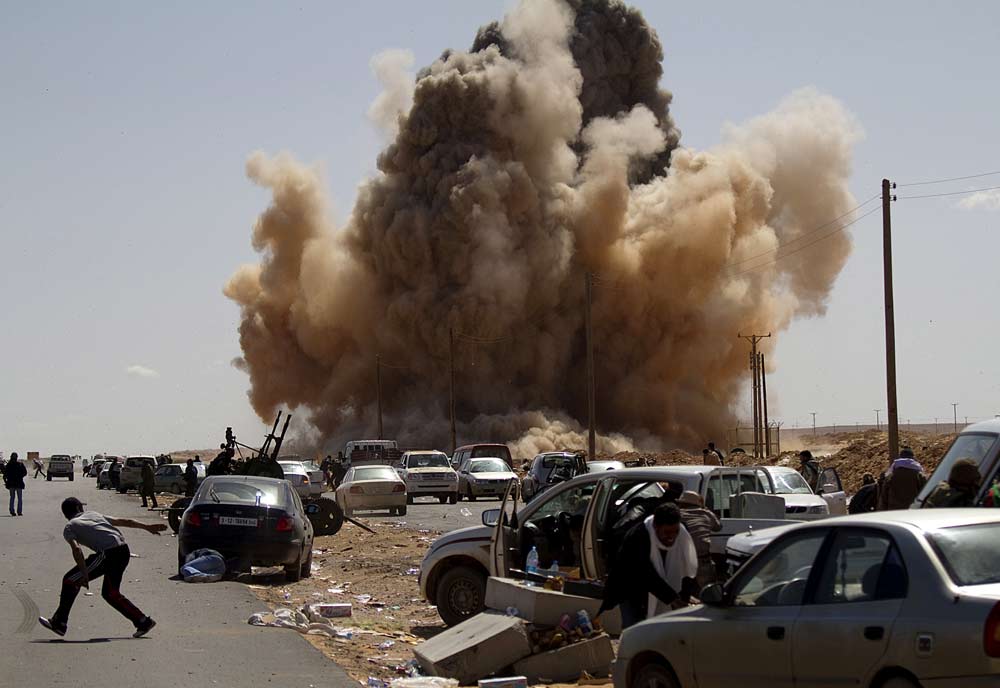Euromonitor International has issued a report stating its belief that Middle East and North African countries embroiled in political turmoil will be “heavily affected” in terms of tourism growth potential, particularly destinations such as Egypt, Tunisia and possibly Morocco.
“Despite best efforts by Egyptian and Tunisian tourism authorities and travel companies to reassure consumers about a fast return to normality, the development of the political crisis there is not clear year,” the report said.
“Political unrest will also have an important impact on tourism flows to countries such as Libya and Algeria, where substantial investment has been made in tourism infrastructure over the last five years, albeit from a low base. Tourism development in these countries is now considered to be postponed for an indefinite time.”

| Advertisement |
Political unrest to ‘heavily affect’ tourism growth potential
Euromonitor report says risk of double-dip recession as oil prices soar
Euromonitor International has issued a report stating its belief that Middle East and North African countries embroiled in political turmoil will be “heavily affected” in terms of tourism growth potential, particularly destinations such as Egypt, Tunisia and possibly Morocco.
“Despite best efforts by Egyptian and Tunisian tourism authorities and travel companies to reassure consumers about a fast return to normality, the development of the political crisis there is not clear year,” the report said.
“Political unrest will also have an important impact on tourism flows to countries such as Libya and Algeria, where substantial investment has been made in tourism infrastructure over the last five years, albeit from a low base. Tourism development in these countries is now considered to be postponed for an indefinite time.”
Furthermore, the report entitled Possible scenarios of Middle East unrest
on travel and tourism cited the potential problems caused by oil price rises, cutting short the recovery in the aviation sector in 2010.
“Following the turmoil in Tunisia, Egypt and Libya, oil price exceeded the US$100 per barrel mark for Brent Crude, the highest price in the last two years since the last spike in July 2008,” it stated.
“This led to a decline in share prices for the world's major airlines. If political tensions will stop at Libya, the situation should be kept under control as OPEC member countries, and in particular Saudi Arabia, can use their spare production capacity to make up for missing oil supply from Libya.
“However, in case political unrest spreads to other oil exporting countries, in particular Algeria, Iran and even Saudi Arabia, oil price would rise steadily to reach US$150 or, according to some analysts, even $200 per barrel. Such significant growth in oil prices would mean sky-rocketing fuel costs and a likely return to losses for airlines.”
High oil prices would also translate in higher air ticket prices which would lead in turn to a decline in air trips worldwide and undermine business travel.
These rises could also lead to the risk of a double dip recession, analysts estimating that oil prices higher than $150 per barrel could be the catalyst.









 Search our database of more than 2,700 industry companies
Search our database of more than 2,700 industry companies









